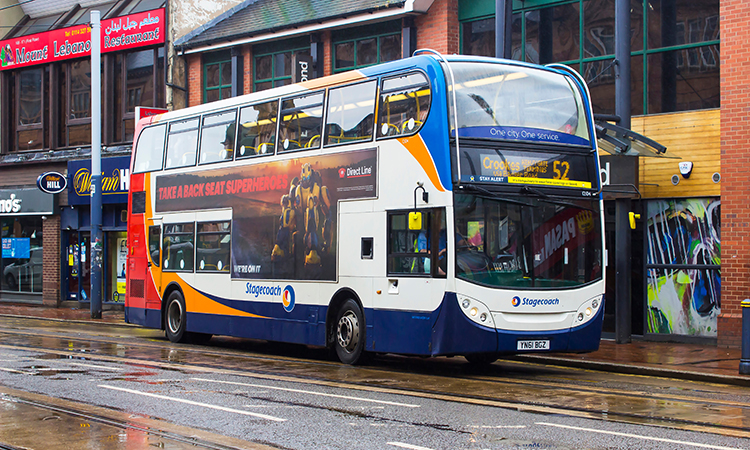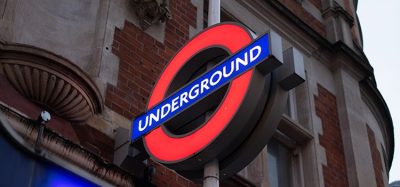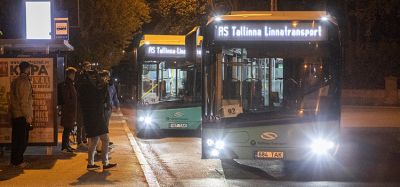Boris Johnson unveils bus shake-up as he looks to “build back better”
- Like
- Digg
- Del
- Tumblr
- VKontakte
- Buffer
- Love This
- Odnoklassniki
- Meneame
- Blogger
- Amazon
- Yahoo Mail
- Gmail
- AOL
- Newsvine
- HackerNews
- Evernote
- MySpace
- Mail.ru
- Viadeo
- Line
- Comments
- Yummly
- SMS
- Viber
- Telegram
- Subscribe
- Skype
- Facebook Messenger
- Kakao
- LiveJournal
- Yammer
- Edgar
- Fintel
- Mix
- Instapaper
- Copy Link
Posted: 15 March 2021 | Intelligent Transport | No comments yet
The UK Government has announced a raft of measures to improve the country’s bus infrastructure, including funding for rural services.


Sheffield's bus network could be in for a shake-up under the new plans
UK Prime Minister Boris Johnson has unveiled what the Department for Transport (DfT) has called the most ambitious shake-up of the bus sector in a generation, which the DfT says will see lower, simpler flat fares in towns and cities, turn-up-and-go services on main routes, and new flexible services to reconnect communities.
The government’s new bus strategy, backed by £3 billion of investment, will see passengers across England benefiting from more frequent, more reliable, easier to use and understand, better coordinated and cheaper bus services, according to the DfT.
The changes include:
- simpler bus fares with daily price caps, so people can use the bus as many times a day as they need without facing mounting costs
- more services in the evenings and at the weekends
- integrated services and ticketing across all transport modes, so people can easily move from bus to train
- all buses to accept contactless payments
It’s also hoped that hundreds of miles of new bus lanes will make journeys quicker and more reliable, getting people out of their cars, reducing pollution and operating costs.
The Prime Minister’s ten point plan sets out how the Government will accelerate the transition to greener and more sustainable transport.
The DfT says it will deliver 4,000 new British-built electric or hydrogen buses to provide clean, quiet, zero-emission travel, and end sales of new diesel buses, with a consultation on a date to achieve this already underway.
According to the Government, local authorities and operators will work together to deliver bus services that are so frequent that passengers can just ‘turn up and go’ – no longer needing to rely on a traditional timetable and having the confidence they won’t wait more than a few minutes.
“Buses are lifelines and liberators, connecting people to jobs they couldn’t otherwise take, driving pensioners and young people to see their friends, sustaining town centres and protecting the environment,” said Prime Minister Boris Johnson.
“As we build back from the pandemic, better buses will be one of our first acts of levelling-up.
“Just as they did in London, our reforms will make buses the transport of choice, reducing the number of car journeys and improving quality of life for millions.”
“Buses are this country’s favourite way of getting around. They help us get to school, to the GP, or to the shops – but services across England are patchy, and it’s frankly not good enough,” added Transport Secretary Grant Shapps.
“The quality of bus service you receive shouldn’t be dependent on where you live. Everyone deserves to have access to cheap, reliable and quick bus journeys.
“The strategy we’re unveiling today will completely overhaul services, ensuring we build back better from the pandemic. Key to it is the new deal it offers to councils – we will provide unprecedented funding, but we need councils to work closely with operators, and the government, to develop the services of the future.”
London-style services aren’t appropriate for all rural and suburban areas, which is why the Department for Transport has also announced the recipients of the £20 million from the government’s ‘Rural mobility fund’, which enables on-demand services – such as minibuses booked via an app – to be trialled in areas where a traditional bus service isn’t appropriate.
Related topics
Business Models, Journey Planning, On-Demand Transport, Passenger Accessibility, Passenger Experience, Public Transport, Transport Governance & Policy
Related modes
Bus & Coach
Related cities
UK
Related organisations
Department for Transport (DfT), UK Government
Related people
Boris Johnson, Grant Shapps








